Executions surged by more than 50% in 2015 compared to the year before
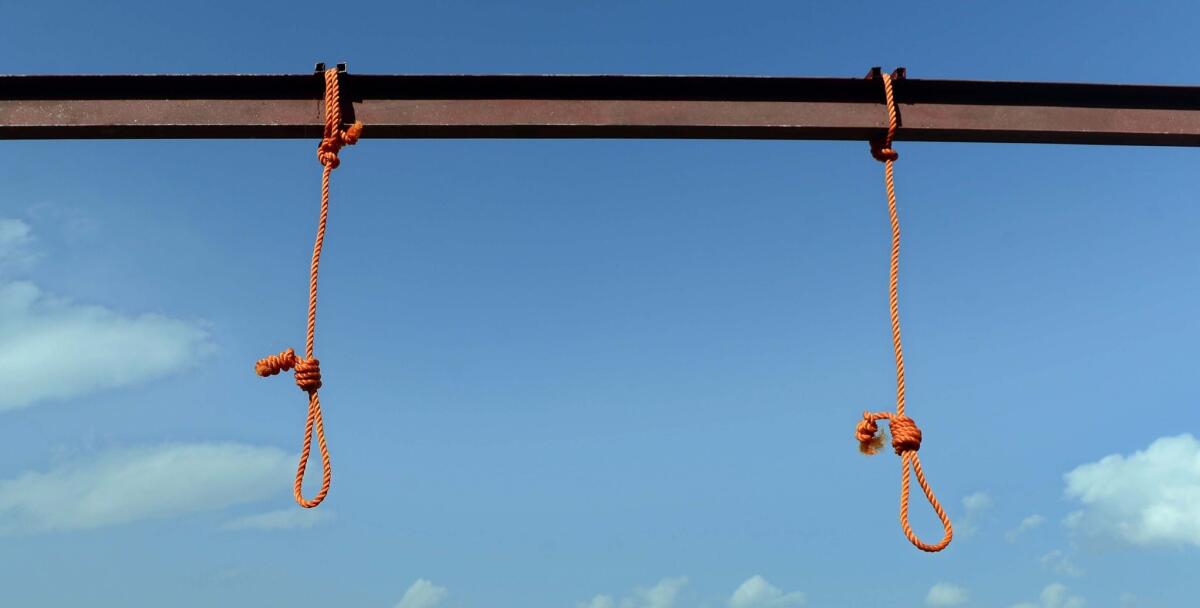
The number of executions carried out around the world in 2015 increased more than 50% over the previous year, a surge largely driven by three countries: Iran, Pakistan and Saudi Arabia, Amnesty International said in its annual report on the use of capital punishment.
At least 1,634 people were put to death in 25 countries last year, the highest number of executions recorded by the London-based human rights group in more than a quarter century, excluding those carried out in China.
Amnesty believes that thousands more people are executed every year in China, but the government treats information about capital punishment as a state secret.
In a statement released before the report was officially published Wednesday, Amnesty’s secretary-general, Salil Shetty, described last year’s rise in executions as “profoundly disturbing.”
“Iran, Pakistan and Saudi Arabia have all put people to death at unprecedented levels, often after grossly unfair trials,” Shetty said. “This slaughter must end.”
The report did not attempt to explain all the reasons for the sharp increase. But it noted that in almost every region, governments use executions as a tool to respond to real and perceived threats to state security and public safety, including terrorism-related offenses.
Iran, Pakistan and Saudi Arabia accounted for 89% of the publicly disclosed executions recorded by Amnesty, which opposes the death penalty in all circumstances. The United States also figured among the world’s top five executioners.
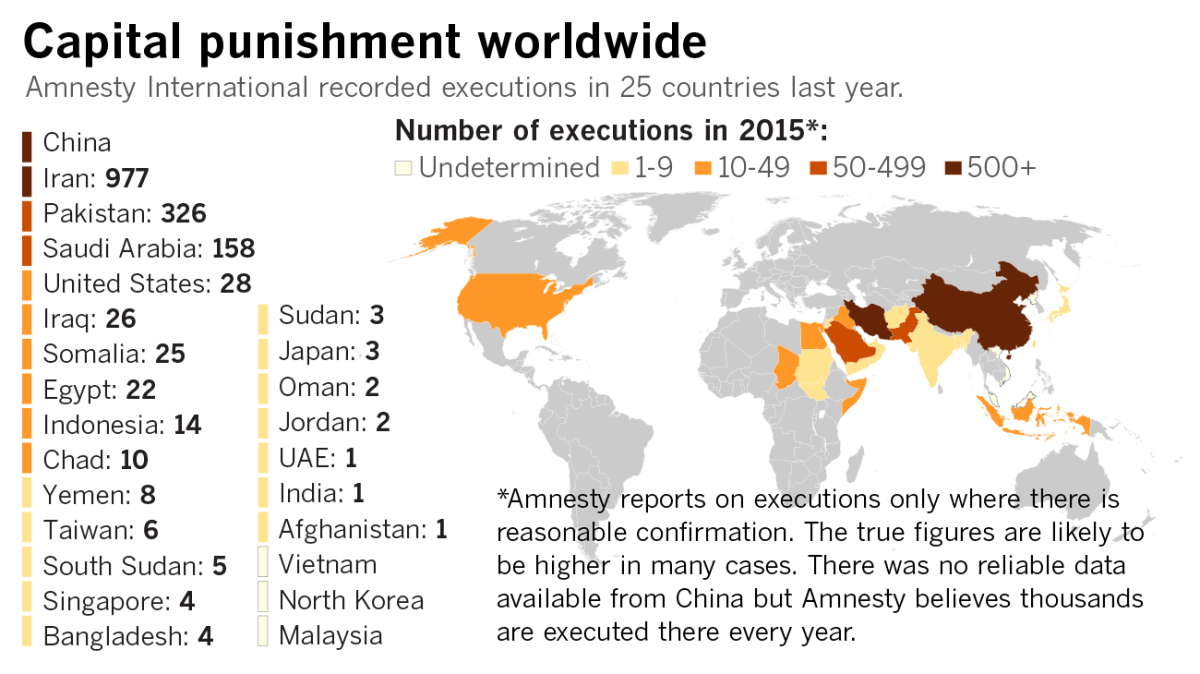
In many cases, the report said, the death penalty was applied in contravention of international laws and standards. Iran and Pakistan executed people who were younger than 18 at the time of the crimes for which they were convicted.
The rash of executions in Iran, Pakistan and Saudi Arabia was in stark contrast to a long-term trend toward the abolition of the death penalty and de facto moratoriums on capital punishment in a growing number of countries.
More than two-thirds of nations have abandoned the death penalty in law or in practice. When Amnesty first started tracking executions in 1977, just 16 countries had fully abolished the practice, compared with 102 — more than half — today. Four countries — Fiji, Madagascar, the Republic of Congo and Suriname — removed the death penalty from their laws in 2015. Mongolia’s parliament also passed a new criminal code abolishing executions for all crimes effective in September.
Here are more details on the world’s top executioners:
China

Amnesty considers China the world’s No. 1 executioner. Although reliable data are impossible to obtain from the country, the group believes that the number of executions there remained in the thousands last year. The report noted that the number of executions probably decreased after the Supreme People’s Court began reviewing death penalty cases in 2007, but said it was not possible to quantify the reduction. Amnesty believes that China continued to impose death sentences for a wide range of offenses that did not meet the standard of the “most serious crimes” to which international law restricts the use of capital punishment. These include drug-related offenses, economic crimes such as embezzlement and taking bribes, rape and, to a lesser extent, arson.
Iran
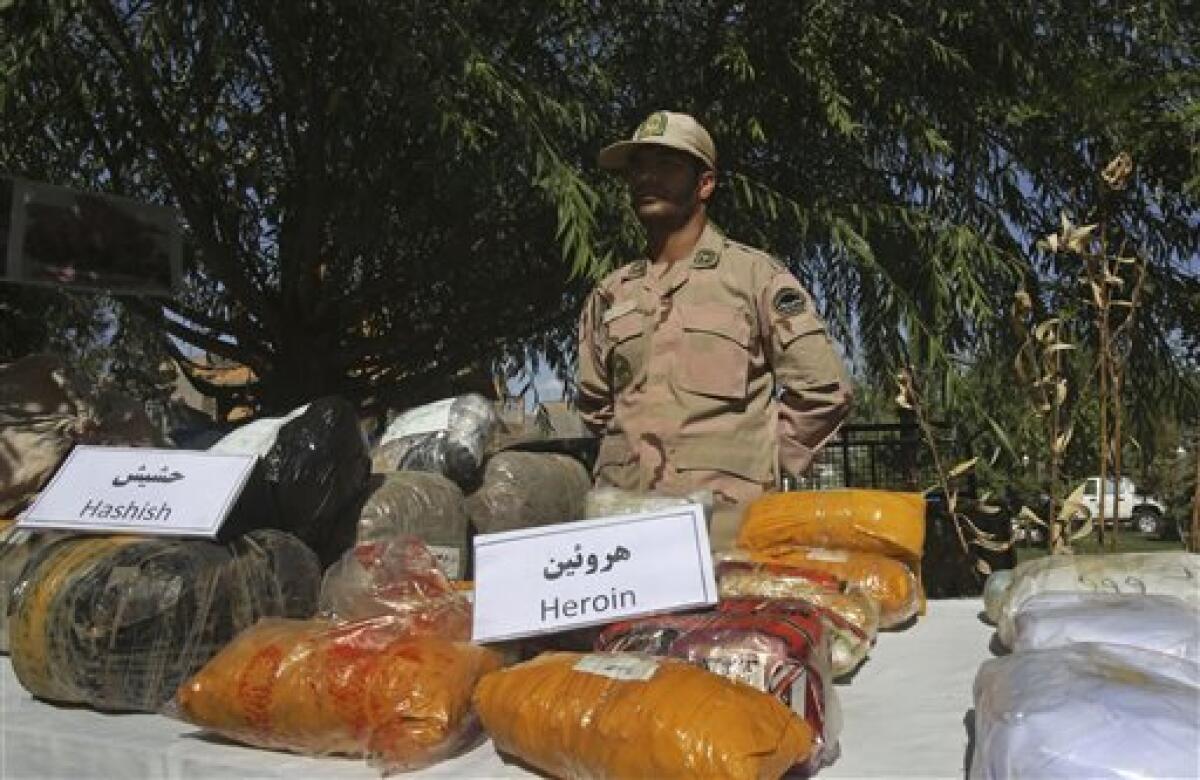
Authorities in the Islamic Republic announced 400 executions last year. However, Amnesty said it was able to confirm through credible sources that at least 977 people were put to death in 2015, an increase of 31% over the previous year. They include 16 women and four juvenile offenders. Most of the executions were for drug-related crimes, but others were for such vaguely worded offenses as “enmity against God.” The defendants often had no access to lawyers during pretrial investigations, Amnesty said, and the courts admitted as evidence confessions that the group contends were obtained under torture.
Pakistan
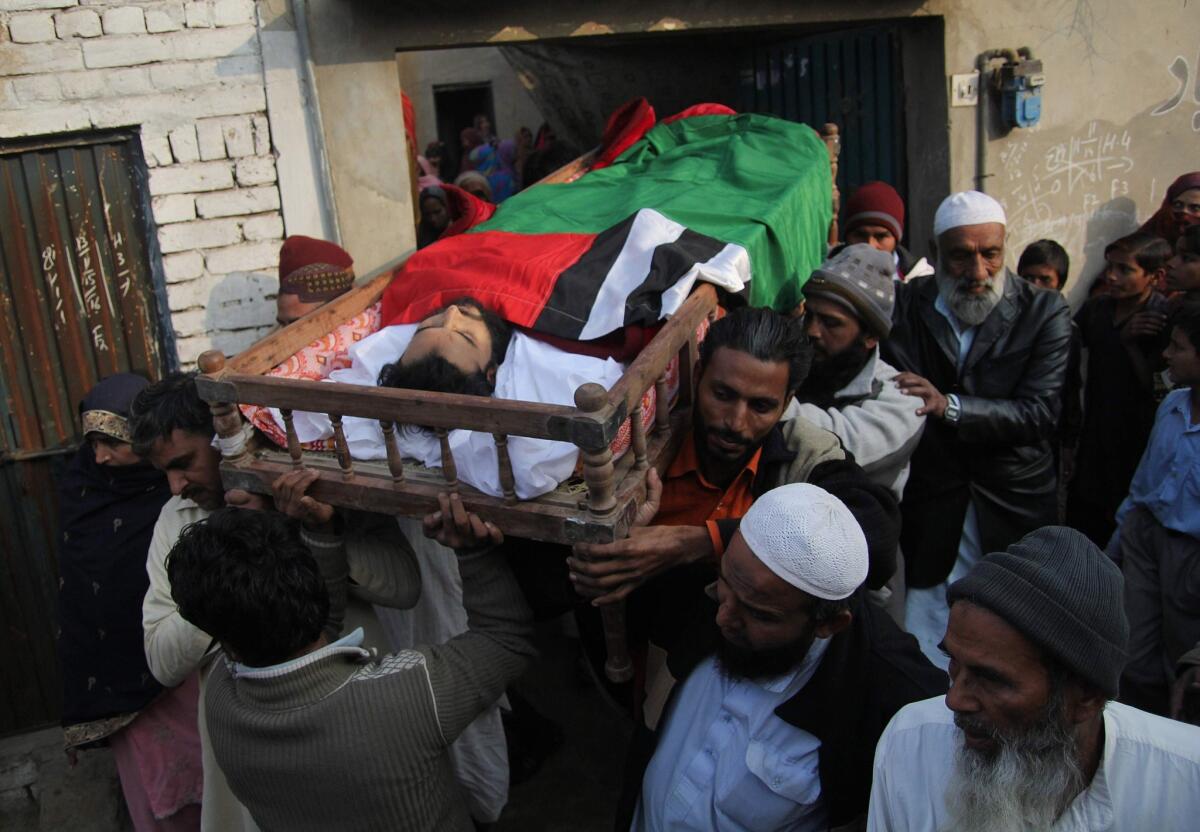
More than 320 people were sent to the gallows in Pakistan, the highest number of executions Amnesty has ever recorded for the country in one year. The executions were carried out after a moratorium was lifted in December 2014, in the wake of a deadly attack on a school, to permit the use of capital punishment for terrorism-related offenses. In February 2015, the country began executing prisoners for other crimes, though many had been convicted by special anti-terrorism courts. Among those put to death were Aftab Bahadur, who was convicted of killing three people when he was just 15. The only prosecution witness who testified to seeing Bahadur and his codefendant committing the crime in 1992 later recanted, saying police had pressured him to make the statement, Amnesty said. Bahadur’s codefendant also maintained that the police had tortured him into confessing.
Saudi Arabia
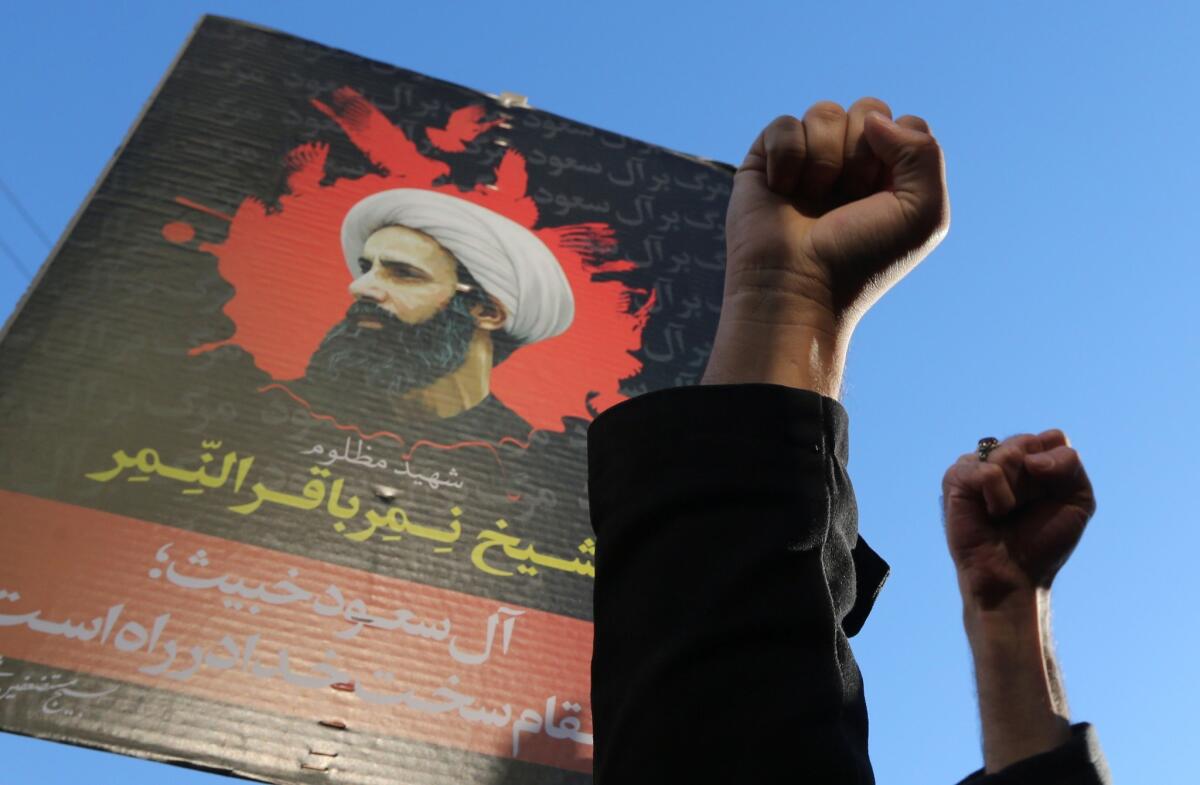
At least 158 people were executed in Saudi Arabia last year, an increase of 76% over 2014. Most were beheaded, but authorities in the conservative kingdom also used firing squads and in some cases put the bodies on public display. In the report, Amnesty expressed grave concerns about the way the Saudi authorities impose capital punishment, saying the penalty is used disproportionately on foreign nationals, many of them with no knowledge of Arabic, and detainees are commonly denied access to a lawyer or a meaningful appeal. “One of the most significant concerns remained the fact that ‘confessions’ extracted under torture, duress or coercion were often the sole evidence in death penalty cases,” Amnesty said.
United States
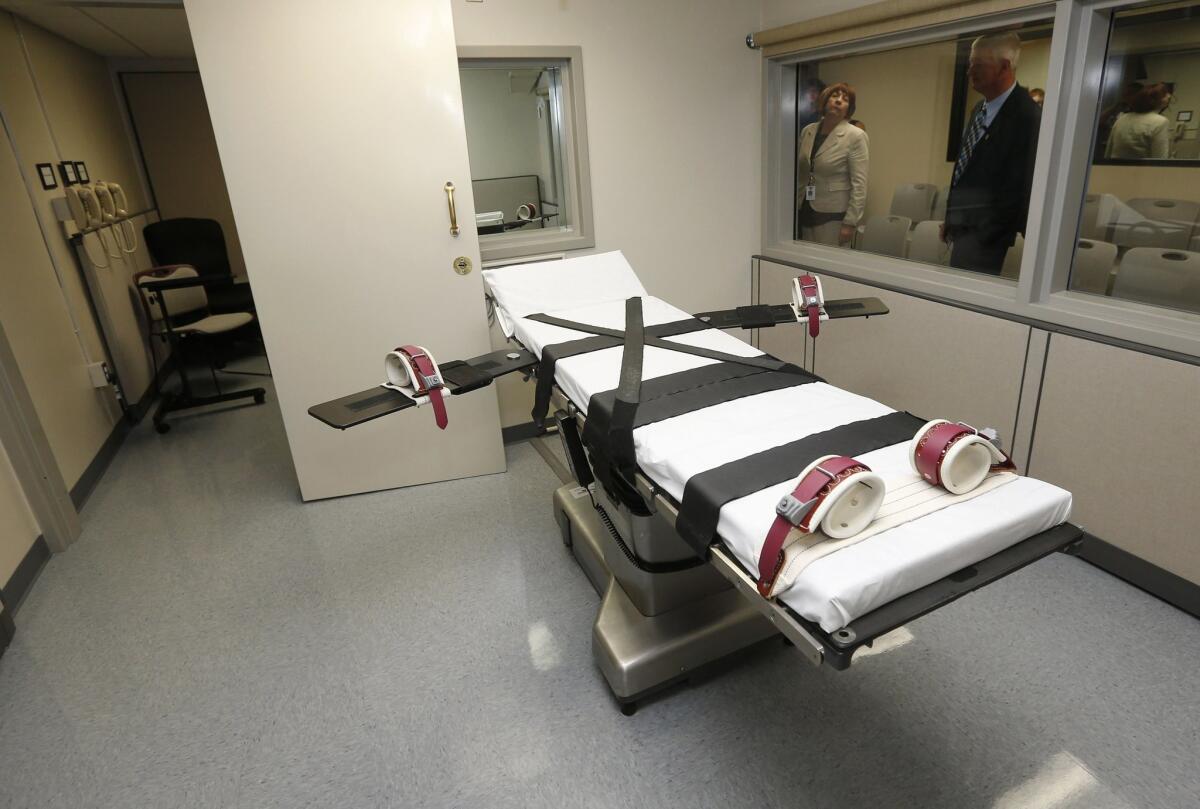
Although the U.S. remains the only country in the Americas to carry out executions, the numbers continued to decline in 2015. A total of 28 people were put to death in six states, the lowest number of executions recorded in the U.S. since 1991. Eighteen states have fully abolished the death penalty; Pennsylvania imposed a moratorium on executions in February.
For more international news, follow @alexzavis on Twitter
Sign up for Essential California
The most important California stories and recommendations in your inbox every morning.
You may occasionally receive promotional content from the Los Angeles Times.







